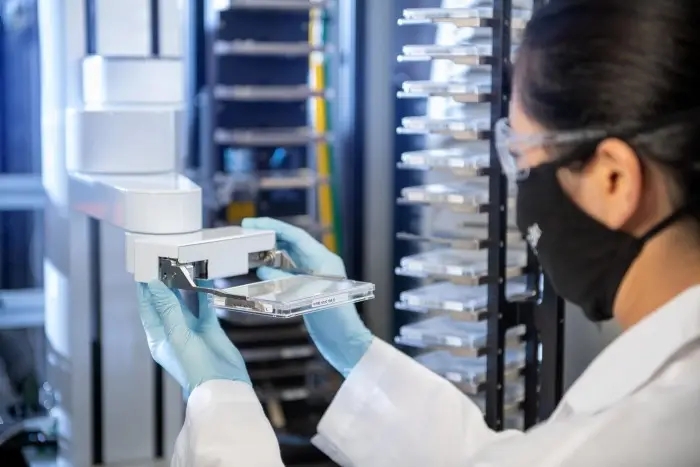
 CONTACT
CONTACT
- Linkman:Linda Yao
- Tel: +8618231198596
- Email:linda.yao@dcpharma.cn
- Linkman:CHARLES.WANG
- Department:Overseas
- Tel: 0086 0311-85537378 0086 0311-85539701
Natural Antimicrobial Peptide Nisin,China Supplier
TIME:2024-09-11
Nisin is a natural antimicrobial peptide produced by Lactococcus lactis. It has a stable molecular structure, is harmless to the human body, and can effectively inhibit the growth of various harmful microorganisms. Below are the main types of harmful microorganisms that nisin can inhibit and their characteristics:
1. Gram-Positive Bacteria
Nisin has significant inhibitory and bactericidal effects on most Gram-positive bacteria, including but not limited to:
·Staphylococcus: Such as Staphylococcus aureus, a common pathogen that causes food poisoning and other diseases.
·Streptococcus: Various Streptococcus species can cause infections in humans, such as Streptococcus pyogenes, which can lead to tonsillitis and pharyngitis.
·Lactobacillus: While some Lactobacillus species are probiotics, certain strains may become harmful under specific conditions.
·Other sensitive bacteria include Micrococcus, Leuconostoc, and similar organisms.
2. Bacillus and Their Spores
Nisin has a strong inhibitory effect on Bacillus spores. Spores are dormant forms of bacteria that develop under harsh environmental conditions and are highly resistant to heat, radiation, and chemical agents, making them difficult to eliminate through standard sterilization methods. However, nisin can effectively inhibit or even kill these spores at low concentrations. For example, in fresh milk treated with ultra-high temperature sterilization at 135°C for 2 seconds, the addition of 2.0-4.0 IU/ml of nisin can achieve a 100% spore mortality rate.
3. Inhibition Under Specific Conditions
Although nisin has weaker direct inhibitory effects on Gram-negative bacteria, yeast, and mold, under certain conditions (e.g., freezing, heating, lowering pH, or treatment with EDTA), it can inhibit the growth of some Gram-negative bacteria, such as Salmonella, Escherichia coli, and Pseudomonas.
4. Mechanism of Action
The antimicrobial mechanism of nisin is similar to that of cationic surfactants. Its primary mode of action is bactericidal, rather than simply inhibiting growth or lysing cells. Nisin targets specific sites on the cell membrane, inhibiting the biosynthesis of peptidoglycan in the cell wall. This disruption of cell wall synthesis, combined with interference in the synthesis of phospholipid compounds, leads to leakage of cellular contents, such as ATP, and may ultimately result in cell lysis.
Nisin, as a safe and effective natural antimicrobial peptide, has broad application prospects in the food and pharmaceutical industries. It effectively inhibits the growth of many harmful microorganisms, playing a positive role in protecting human health and ensuring food safety.
- Tel:+8618231198596
- Whatsapp:18231198596
- Chat With Skype







